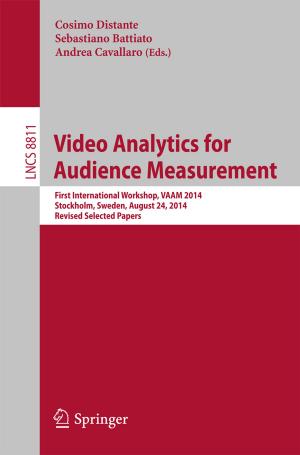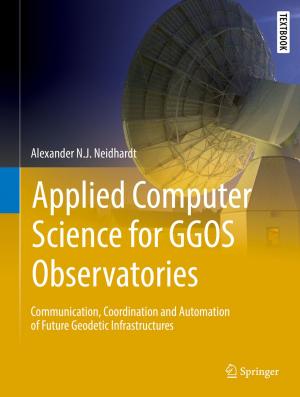| Author: | ISBN: | 9783319630557 | |
| Publisher: | Springer International Publishing | Publication: | November 3, 2017 |
| Imprint: | Palgrave Macmillan | Language: | English |
| Author: | |
| ISBN: | 9783319630557 |
| Publisher: | Springer International Publishing |
| Publication: | November 3, 2017 |
| Imprint: | Palgrave Macmillan |
| Language: | English |
This book attempts to understand what ‘contemporary’ has meant, and should mean, for literary studies. The essays in this volume suggest that an attentive reading of recent global literatures challenges the idea that our contemporary moment is best characterized as a timeless, instantaneous ‘now’. The contributors to this book argue that global literatures help us to conceive of the contemporary as an always plural, heterogeneous, and contested temporality. Far from suggesting that we replace theories of an omnipresent ‘end of history’ with a traditional, single, diachronic timeline, this book encourages the development of such a timeline’s rigorous inverse: a synchronic, multi-faceted and multi-temporal history of the contemporary in literature, and thus of contemporary global literatures. It opens up the concept of the contemporary for comparative study by unlocking its temporal, logical, political, and ultimately aesthetic and literary complexity.
This book attempts to understand what ‘contemporary’ has meant, and should mean, for literary studies. The essays in this volume suggest that an attentive reading of recent global literatures challenges the idea that our contemporary moment is best characterized as a timeless, instantaneous ‘now’. The contributors to this book argue that global literatures help us to conceive of the contemporary as an always plural, heterogeneous, and contested temporality. Far from suggesting that we replace theories of an omnipresent ‘end of history’ with a traditional, single, diachronic timeline, this book encourages the development of such a timeline’s rigorous inverse: a synchronic, multi-faceted and multi-temporal history of the contemporary in literature, and thus of contemporary global literatures. It opens up the concept of the contemporary for comparative study by unlocking its temporal, logical, political, and ultimately aesthetic and literary complexity.















